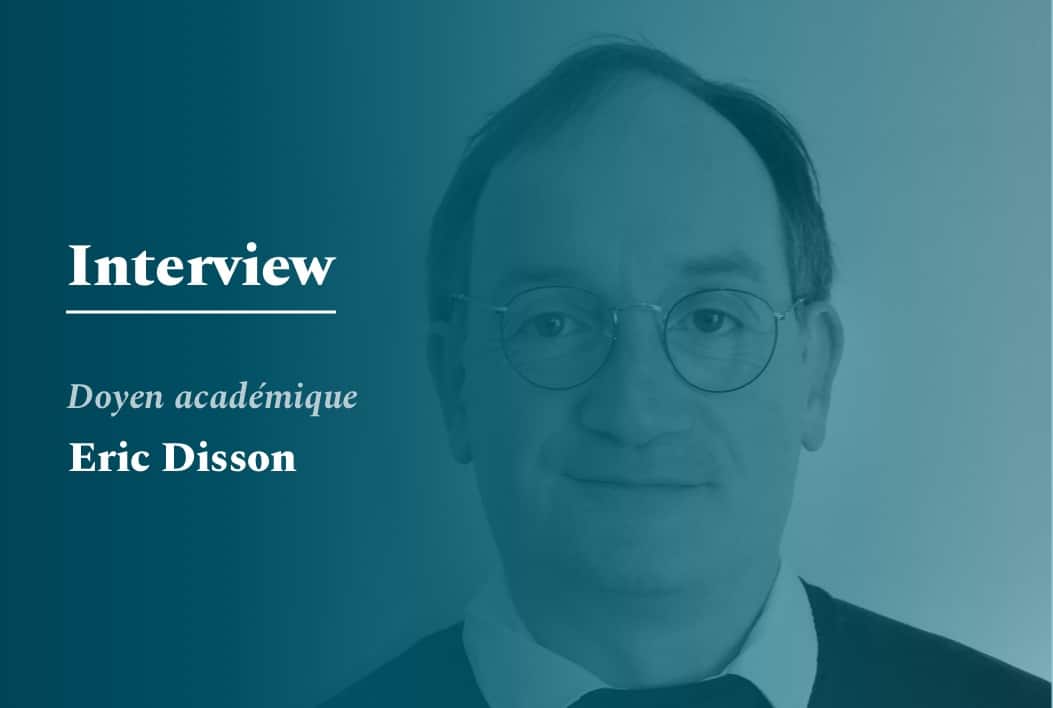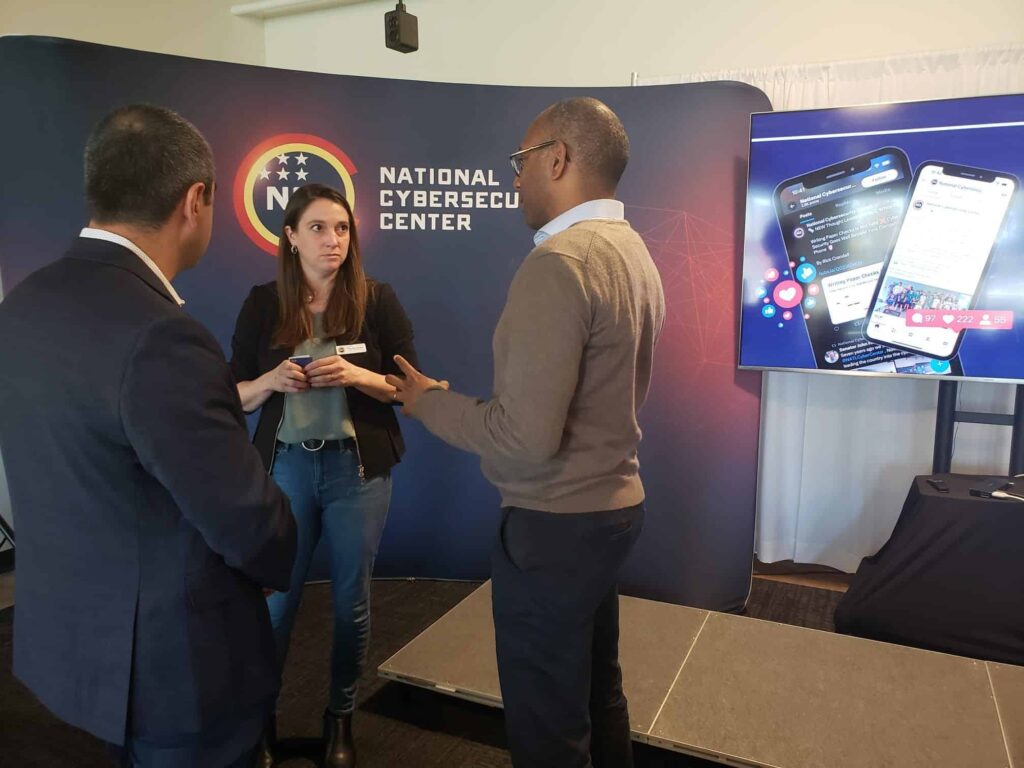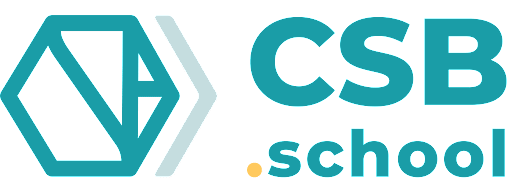Interview with our Academic Dean

Tell us about your academic background
I have both a classic and atypical academic background, especially in my time! ..
After a chaotic journey in secondary school, I found my way, teaching. So I successfully completed my studies in economics and management. At the same time, without being an absolute geek, I have been programming since my childhood! Indeed I asked as a gift, a computer and my family contributed for a Comodore 128. Later, I bought my first PC (a 386) with my summer internships. It is therefore quite natural that my studies turned to IT and the information system until passing a thesis in IT with the subject of access control. I was quite alone (!) in the 90s-2000s. Things have evolved.
Can you describe your vision of teaching?
After 25 years of various practices: lectures, tutorials, e-learning (I co-created two MOOCs), and having suffered the horrible COVID courses at a distance, I can say, depending on the audience, especially the current generation , that my vision has completely changed during these years. Transmissive conferences are less and less accepted. Learners expect the heart of training to be practice and not knowledge alone. This is all the more the case for professional and technical subjects such as cybersecurity. The debate is no longer between knowledge and practice but how to prepare for the essential skills for a targeted profession! Only teaching by practice, by simulation can allow the acquisition of the famous “soft skills”.
For the mode of teaching, I think today, provided that we put the means, that the magic formula is the mixed e-learning / face-to-face mode called blended. Namely e-learning replacing lectures and preparing face-to-face sessions in reverse class mode, a part in the presence of trainers focused on practice, all supported if necessary by in-depth e-learning work. On the other hand, I insist on the obligation of means, particularly for e-learning and extensive scripting of training.
In conclusion I will quote Benjamin Franklin:
“You tell me, I forget. You teach me, I remember. You involve me, I learn. »
Why did you choose to open only part of the courses for this first year?
It was very difficult to prepare all the 2 courses, especially so that the first year could be accessible on time on PARCOURSUP. We have therefore chosen to open the Master and Bachelor 3 so that learners can directly exercise a profession in cybersecurity.
Can you tell us about your teaching team?
Our pedagogical team is very diverse in terms of profiles with a majority of business professionals who bring their experience and practical lessons very close to their experience, professional teachers for more fundamental subjects, renowned researchers to take stock of the research and development in cyber security, etc.
Why is the BTU system important in your approach to teaching?
The Blended Training Units are at the center of our training system.
“Classic” courses are defined by a number of hours and mode of teaching for a discipline, eg: 20 hours of face-to-face mediation with Mr Spock. Most of the time, we do not apply preparation or consolidation time (“homework”!). We hear that for an hour spent with the teacher, we must devote for example 2 hours to working individually, but this notion is subjective! In marketing, we would speak of an “organization-centric” offer: we are more concerned with the organization of courses than with facilitating the organization of learning by the learner.
The BTU express a time of investment in a discipline for the learner. If I tell you 20 hours on encryption, it’s because on average it will take a learner 20 hours to achieve the BTU’s learning objectives and that’s all included: preparation of the sessions with the teacher, the sessions -even, and the work of consolidation!
BTUs are therefore “customer-centric” in marketing. So you can more easily plan your learning based on BTUs, saving some of your time for the subjects you think you’re less proficient in and planning to save time for your favorite subjects.
In addition, cybersecurity being a discipline where job certifications are numerous and recognized, we integrate them as well as possible into the BTUs, which is not done systematically in academic training and that is an understatement.
In summary, a BTU is a time investment in a discipline, combining preparation time, session with a teacher, consolidation time and integrating the heart of the practice of cybersecurity professionals.
Continue reading

Cybersecurity Promotion Program

What is Cybermonth?

